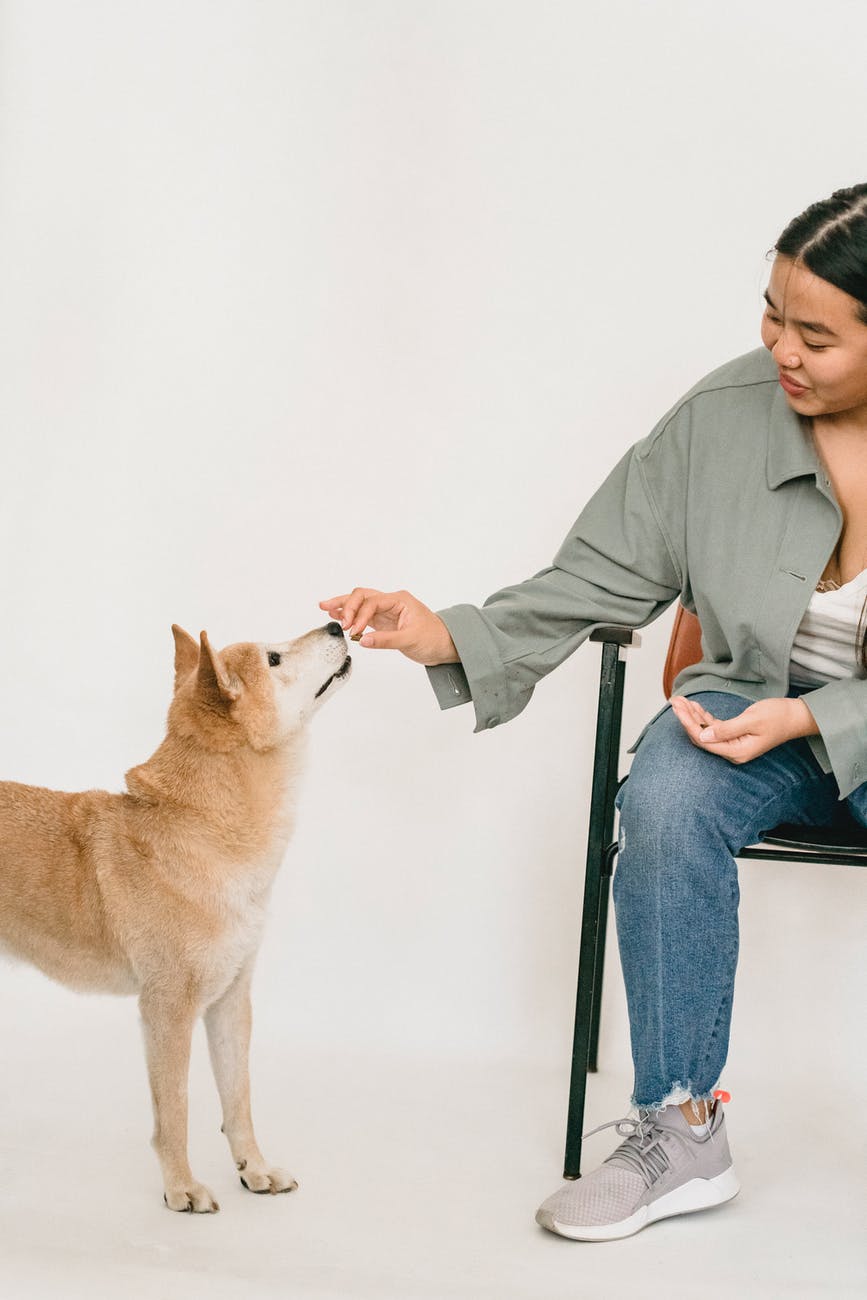Larger animals live longer lives than smaller ones (most, if not all, of the time). Consider this: humans live much longer than cats, live longer than rats, and live longer than flies. But why isn’t this true for animals inside of their species?
A person weighing 150 pounds will almost certainly live longer than one weighing 300 pounds. They live longer because of the higher health risks for the 300-pound person.
How can you liken the life expectancy of a Chihuahua to that of a Great Dane? Their anatomical structures are completely different, as are their lifespans. So, does a dog’s size determine its life expectancy? Yes. Let us delve deeper into this topic but if you want to know the best online casinos in Australia, visiting www.mycasinoadviser.com will surely help!
Size and Lifespan of a Dog
Dog owners have undoubtedly noticed that smaller dogs outlive larger dogs, and now there’s a scientific study to support that claim, plus various theories as to why this is the case.
When compared to the lifespans of other mammals, “smaller size, longer life” appears to be counter-intuitive at first glance, especially for families who have had short-lived pet rats (two years), hamsters (three years), or gerbils (four years).
Chimpanzees have a shorter lifespan than humans (about 45 years vs. 70 years), and elephants have a life expectancy comparable to humans. Though, this is nothing in comparison to the bowhead whale. With a weight of up to 65 tons and a length of sixty feet, current estimates put its maximum lifespan at 200 years.
Following this logic, we should predict a Great Dane to outlive a Chihuahua, but this is not the case. The former live only 6 or 8 years on average, whereas the latter can survive up to 18 years.
As it turns out, while larger mammals survive longer than smaller mammals, the opposite is true within species. The effect is even stronger in dogs, with a wider range of sizes.
According to research, larger dogs survive for a shorter time than smaller dogs. An Irish Wolfhound (average of 115 pounds) has a seven-year lifespan, whereas a Jack Russell Terrier (average of 15 pounds) can live up to 13 to 16 years.
Scientists have recently attempted to determine why it’s the case. Researchers analyzed data on the age of death in over 56,000 dogs from 74 different breeds in a study headed by Dr. Cornelia Kraus, a lecturer and research scientist at the University of Göttingen in Germany. They were able to put a number on it and discovered that every 4.4 pounds of body weight gain reduced a dog’s lifespan by one month.
The scientists’ next step will be to figure out why larger dogs die younger, but they already have some ideas. To put it simply, larger dogs live shorter lives because they age faster. They age faster because they grow quickly.
This can result in tumors and other irregular tissue growth, including cancer, occurring earlier. It can also play a part in abnormal development, leading to physical conditions that are harmful to one’s health.
The Longest-Living Canine Breed
Chihuahuas, which stand 6-10 inches tall and weigh 4 to 6 pounds, are commonly referred to as the dog with the longest lifespan. They have 15 to 20 years of life expectancy and are among the smallest dog breeds. The world’s oldest Chihuahua, Megabyte, passed away at 20 years and 265 days.
Meanwhile, the Australian Cattle Dog, which can grow to be 17-20 inches tall and weigh 30 to 50 pounds, has one of the longest life expectancies. There have been reports of Australian Cattle Dogs living past the age of 20. The longest-living dog is Bluey, an Australian Cattle Dog who lived for 29 years and five months. On the other hand, you should also click the link to know the best online casinos usa.
Dogs With Short Life Expectancies
You’ll notice that most of the dogs in this chart are bigger breeds. As previously stated, larger dogs have a shorter life expectancy than smaller dogs. Some believe this is since large breeds age faster.
A Great Dane, for example, can gain 100 pounds from birth to its first birthday, while a Shih Tzu can gain up to 15 pounds throughout its life. The table below shows the dogs with the shortest lifespans.
| Dog Breed | Average Lifespan |
| French Mastiff | 5-8 Years |
| Bernese Mountain Dog | 6-8 Years |
| Great Dane | 6-8 Years |
| Irish Wolfhound | 6-10 Years |
| Neapolitan Mastiff | 7-9 Years |
| Leonberger | 8-9 Years |
| Scottish Deerhound | 8-10 Years |
| Newfoundland | 8-10 Years |
| Saint Bernard | 8-10 Years |
| Bloodhound | 9-11 Years |
Other Factors Affecting a Dog’s Lifespan
Do you wish to know how to make your dog live a longer and happier life? Aside from size, the following factors influence a dog’s lifespan.
Care
As the owner, you have control over the care your dog receives. A dog who gets enough exercise and eats a nutritious diet will live longer than one who does not. Furthermore, taking your dog to the veterinarian for annual wellness exams and booster shots can lead to a healthy canine with a longer lifespan.
Cross Breeding vs. Inbreeding
Inbreeding can shorten a dog’s lifespan. In comparison, cross-bred dogs have a longer lifespan. Inbred dogs are more likely to carry genes for illnesses common to their breed.
Furthermore, “mutts” with at least two breeds, and often more, have fewer health issues and survive longer than their purebred counterparts.
Learn more about dog breeding history here.
Neutered or Spayed
Neutering and spaying a puppy at a young age can increase the dog’s lifespan. Most studies suggested surgical sterilization for small breed dogs before five months of age and 12 to 15 months for larger house dogs.
According to research, these surgeries may help reduce the risk of certain types of cancer in dogs, particularly cancers of the breast, ovaries, and testicles.
Recent studies indicate that these advantages may or may not be entirely correct, but there is no doubt that your life will be smoother without a litter of puppies, resulting in less stress on your pup and possibly a longer life.
How to Prolong a Dog’s Life
You can do things to keep your dog healthy and live a longer life. The best thing to do is make sure they get enough exercise every day and eat a healthy, well-balanced diet. All-natural, fresh dog food is becoming increasingly popular, and it’s something you might want to consider for your pup.



